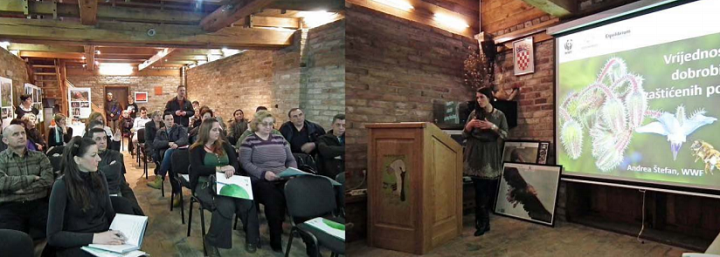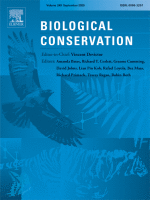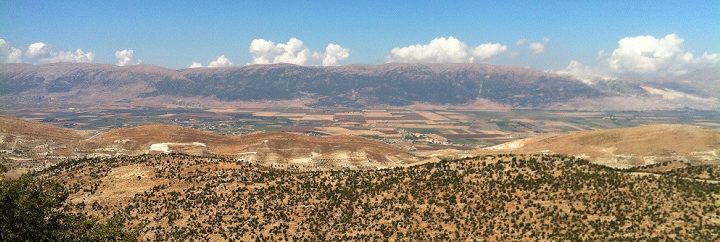The Protected Area Benefits Assessment Tool Plus (PA-BAT+) – a users’ guide to identifying ecosystem services from protected areas, in collaboration with local communities and Indigenous People, has just been published by the IUCN World Commission on Protected Areas.
This assessment tool aims to collate and assess information about the overall benefits from conservation and protection in protected areas. It can also be used in other area-based conservation sites. This technical guidance provides a quick overview of why understanding the benefits from protected areas is important, provides a detailed guide to using the PA-BAT+ and explains how to understand and use the results. [Read more…] about IUCN publishes new guide to identifying ecosystem services in protected areas



